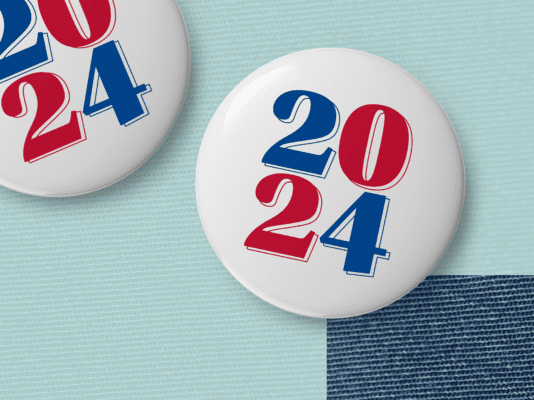The term “dumpster fire” has been used so frequently as a metaphor over the last few years that Merriam-Webster decided in 2018 it warranted inclusion in the dictionary. It’s not difficult to understand why after even a cursory glance at cable television or social media. Americans seem to hate each other. Worse, hating each other seems to be the natural posture of our politics and, increasingly, a twisted sort of national pastime.
It is this reality that Arthur Brooks, a social scientist and former head of the conservative think tank American Enterprise Institute, seeks to address in his book, Love Your Enemies: How Decent People Can Save America from the Culture of Contempt.
Brooks traces his argument across 10 chapters. His basic line of reasoning begins by highlighting the needlessly hyperbolic ways we talk about politics and the resulting damage. Contempt is the coin of the rhetorical realm today, and an “outrage industrial complex” has built a business model around indignation. While some Americans think that strongman rhetoric is necessary, Brooks shows that it is aspirational and love-driven leaders who are ultimately the most effective.
Brooks channels Jonathan Haidt’s book The Righteous Mind to show that liberals and conservatives have different moral “taste buds,” and persuading others means crafting arguments in light of those taste buds most universally shared. From there, Brooks highlights the importance of real, human relationships and argues that anonymity “is a cancer that is wrecking our country, because it obliterates our ability to understand one another” (148).
Next, Brooks devotes a chapter to the public good of healthy competition, moves on to a chapter outlining how to disagree with one another in healthy way, and rounds out the book with a summary chapter that traces five “rules” to subvert a culture of contempt.
The problem with a culture of contempt
What stands out as the most valuable aspect of Brooks’s book is his clear-eyed diagnosis of the problem of a culture of contempt. For example, Brooks is right to argue that social media has an isolating effect on individuals, which brings several other ills alongside. At the same time, social media fosters “motive attribution asymmetry” which is “the phenomenon of assuming that your ideology is based in love, while your opponent’s ideology is based in hate” (21).
It’s going to take much more than mere civility or tolerance to breach this societal impasse. It’s going to take love—love that sees people first and foremost as human beings created in the image of God rather than avatars made in the image of one’s political friend or foe.
Brooks is at his strongest in the book when he’s noting not just the individual problems of contempt, but the predatory business model built around it. “America is addicted to political contempt,” Brooks notes (28), but advertisers, television executives, social media designers, and others know that—and exploit it (212). Brooks, astutely, speaks of the problem in terms of drug addiction and of those seeking to commodify contempt as “political meth dealers” (29).
This isn’t hyperbolic language either. Studies show the way that certain social media behaviors and patterns evoke hormonal responses in the brain and how aspects of these platforms are engineered to be addictive. Furthermore, “social media intensifies our addiction by allowing us to filter out the news and opinions we disagree with, thus purifying the contempt drug” (30). In this respect, Brooks’s book serves as a sort of Surgeon General’s Warning that users would be wise not to ignore.
It’s going to take much more than mere civility or tolerance to breach this societal impasse. It’s going to take love—love that sees people first and foremost as human beings created in the image of God rather than avatars made in the image of one’s political friend or foe. It’s going to take courage—courage that is willing to stand up to someone on one’s own side for the sake of healthy disagreement. And it’s going to take wisdom—wisdom that realizes not only that “bad company corrupts good character” (1 Cor. 15:33), but also that there’s plenty of “bad company” to be found (and avoided) among those who agree with you politically.
We may be in a moment where our society finds itself standing around a cultural dumpster fire. But Love Your Enemies is a helpful book that I hope may help clear some of the smoke.










